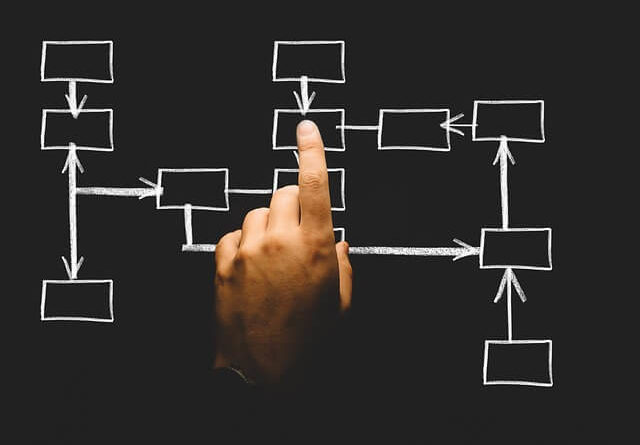Criminal compliance in business
The draft act on the liability of collective entities for prohibited acts under punishment imposes on entrepreneurs a number of obligations related to the prevention of economic crime in connection to their activities.
As part of the risk management, the necessity of ensuring appropriate procedures, which can be collectively referred to as criminal compliance, should be taken into account.
The liability of a collective entity depends largely on actions taken by that entity to prevent committing a prohibited act. The obligation to implement new solutions rests with the persons managing the collective entities therefore it is worth starting the preparations for the entry into force of the new regulation in advance.
Fault in choice, supervision and organisational fault
A condition of liability for actions of persons who are not members of the bodies will be the lack of due diligence in the selection of a person (culpa in eligendo) or in supervision over such person (fault in supervision).
In addition, from the criminal law point of view, there will be the so-called fault in organization i.e. finding in the business of the entrepreneur such irregularities that facilitated or enabled committing the prohibited act in a situation where other organization of the activity could have prevented that act.
In order to avoid liability for fault in organization it is necessary to analyse the principles of enterprise’s operations and implement appropriate measures taking into account the size and the subject of the entrepreneur’s business.
Criminal compliance procedures
As part of creating or adapting internal regulations under criminal compliance, an entrepreneur should in particular:
-
define the rules of conduct in the event of a threat of committing a prohibited act or the consequences of failure to observe the precautionary rules.
-
define the scope of liability of bodies, other organizational units, employees, persons authorized to act on behalf or in the interest of an entrepreneur,
-
define persons or organizational unit supervising compliance with the rules and principles governing entrepreneur’s operations,
-
define the rules for responding when bodies or persons authorized to represent or supervise the entrepreneur know about the irregularities in the organization,
-
implement a system of notification of irregularities that provides protection to whistleblowers.
The presented obligations aimed at eliminating irregularities at the organisational level apply to large and medium-sized enterprises and their effective implementation can secure the entrepreneur against criminal liability and related to financial liability.
Criminal law audit and criminal compliance procedures
In practice, this means the need to conduct the criminal law audit during which risks related to business as well as existing procedures will be assessed.
Depending on the results of the audit, appropriate regulations and instructions should be developed, stipulating how to proceed in specific cases in order to minimize the risk of committing prohibited act by persons for which the entrepreneur may be held liable. Criminal compliance serves both the protection of the collective entity and the management as these issues are inseparably connected with each other. Limiting the risk of fulfilling the conditions of prohibited acts by bodies and persons acting in the interest of or representing (proxies, representatives) the collective entity has an impact on limiting the liability of collective entity.
Among the number of procedures the need for implementation of which will be indicated by the results of the criminal law audit, the types as the following can be mentioned:
-
anti-corruption policy,
-
procedure for establishing, continuing and terminating cooperation with contractors,
-
outsourcing procedure,
-
procedure to be followed in case of law enforcement inspections,
-
procedure of keeping documentation and internal reporting,
-
procedure for law compliance supervision,
-
procedure for conducting explanatory proceedings,
-
procedure for reporting irregularities.
The next stage of activities it to familiarise the recipients of regulations and instructions with their content and to conduct appropriate training to ensure effective implementation of these procedures. Only a properly and professionally prepared and implemented criminal compliance program and due diligence on the part of the entrepreneur will protect the company and the management against criminal and financial liability.
